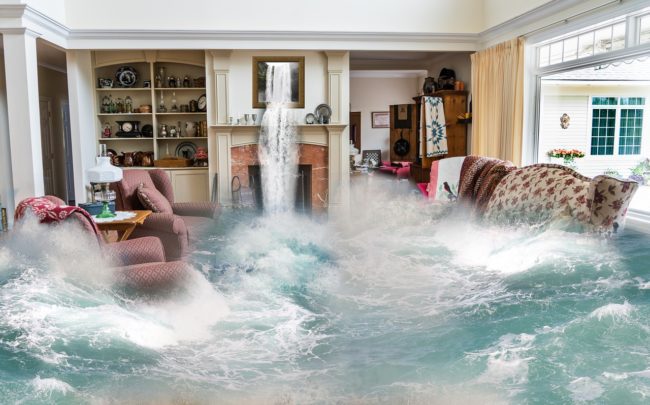It is no news that seasonal storms happen in this country, and unexpected floods do occur. No matter the state you own a property in, even if it is one with the driest climate, you should be prepared for flood because when it strikes, it could be fatal.
Not just you, even your tenants should be aware and informed of the fundamentals for preparing for flood, as they should ensure that they have tools needed to stay safe and dry till everything returns to normal in case a flood occurs. As a property manager, it is advisable to firstly lookup your property and see how prone it is to flood. This should be done for each of your rental properties, and this flood risk can be checked at Floodsmart.gov.
The Federal Emergency Management Agency (FEMA) has ready guidelines and tips for flood preparation, and you can also share this with your residents. Through this guide, you get to know all you need ranging from flood statistics and warning signs for flood, as well as how to properly prepare for flood. Such guidelines and information is very helpful, as it will not just equip your residents with the right information to stay safe, but also protect your property.
You can directly also be of help to your tenants by offering them important information. One way of doing so is letting your tenants know how to properly use sandbags and also where to get them when you receive a flood warning. You will mostly get free sandbags before a major storm occurs in most places, and you can know where to get them by looking up the location of the website of the city. Most of these locations gives citizens the options of filling their own sandbags or carry prefilled sandbags they can use around their homes. When your residents do the same, they will be safe, so too your property. Therefore, it is advisable to encourage your residents to grab some sandbags when you receive a flood alert.
You should ensure that the rain gutters for your property are clean and healthy, as this will help reduce any damage that may occur. Also install extra drainage devices like French drains and downspout extensions to ensure proper drainage and reduce flooding of your property. Let your tenants know that it is very important to disconnect electricity and gas if the flood is inevitable, as this will reduce the chances of fatal electrocution and also fires. It is important to lookout for leaks and drips and get them fixed up to reduce basement flooding.
Staying safe during a flood is good, so also is insurance. With the right kind of insurance covering flood, you and your tenants should be fine, as it will help you cover the cost of damages done. However, the usual insurance policy as a landlord or tenant doesn’t cover flood damage, and this means that you need to get extra coverage through the National Flood Insurance Program. You should also advice your tenants to purchase flood insurance for their personal property.









